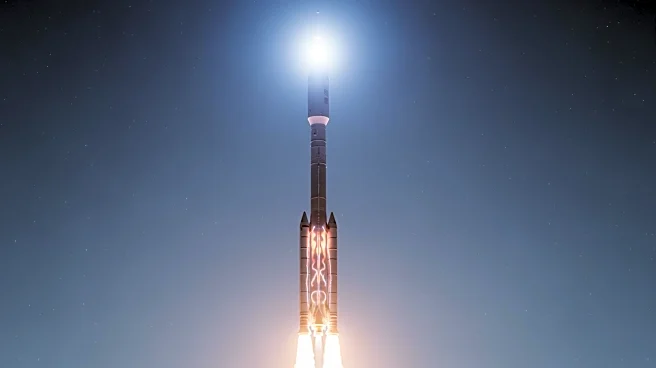(Reuters) -Amazon.com will supply OpenAI with cloud computing services under a multi-year $38 billion deal, giving the ChatGPT maker access to hundreds of thousands of Nvidia graphics processors to train and run its artificial intelligence models.
The agreement announced on Monday underscores the AI industry's insatiable appetite for computing power, driven by the pursuit of technology capable of matching or surpassing human intelligence. It sent Amazon shares up 5% in premarket trading.
Sam Altman,
CEO of OpenAI said the company is committed to spending $1.4 trillion to develop 30 gigawatts of computing resources.
OpenAI will begin using Amazon Web Services immediately, with all planned capacity set to come online by the end of 2026 and room to expand further in 2027 and beyond.
OpenAI turning to Amazon - the larger rival of Microsoft and its biggest backer - signifies a pivotal point in the AI juggernaut's relationship with the Windows maker. It also comes as a big vote of confidence for AWS, following strong quarterly growth reported by the segment last week.
The deal is among the first major moves by OpenAI since it completed a restructuring last week that frees the ChatGPT maker to move away from its nonprofit roots. Reuters has reported it was laying the groundwork for an initial public offering that could value the company at up to $1 trillion.
But surging valuations of AI companies and their massive spending commitments, which total more than $1 trillion for OpenAI, have raised fears that the AI boom is inflating into a bubble.
While OpenAI's relationship with Microsoft, which the two forged in 2019, has helped push Microsoft to the top spot among its Big Tech peers in the AI race, both companies have been making moves to reduce reliance on each other.
OpenAI has already tapped Alphabet's Google to supply it with cloud services, as Reuters first reported in June. It also reportedly struck a deal with Oracle to buy $300 billion in computing power for about five years.
(Reporting by Deborah Sophia in Bengaluru; Editing by Shinjini Ganguli)















